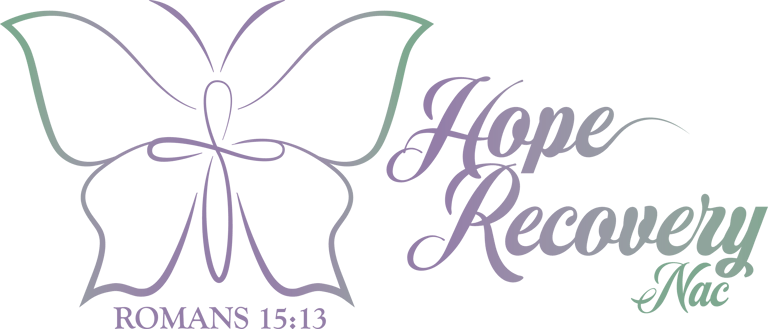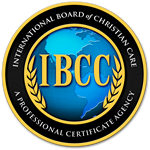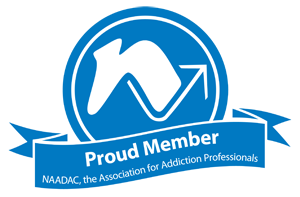STEP 2: Embracing Hope
Understanding Step 2 of Alcoholics Anonymous
7/1/20243 min read


Embracing Hope: Understanding Step 2 of Alcoholics Anonymous
"Came to believe that a Power greater than ourselves could restore us to sanity."
Alcoholics Anonymous (AA) is a globally recognized program that has helped millions of individuals struggling with alcohol addiction. Its 12-step program is designed to provide a structured path to recovery, with each step building on the previous one. Step 2 is particularly significant as it introduces the concept of faith and hope in a Higher Power.
The Role of Faith in Recovery
Faith plays a pivotal role in AA’s philosophy. Step 2 invites individuals to open their hearts and minds to the possibility that a Power greater than themselves can restore their sanity. This step is not about religious dogma but about cultivating a belief in something beyond oneself, which can bring immense strength and hope during the recovery journey.
Scripture and Hope
The Bible offers numerous passages that resonate with the essence of Step 2. Here are a few powerful verses from the English Standard Version (ESV) that underscore the theme of hope and divine intervention:
Hebrews 11:1 - "Now faith is the assurance of things hoped for, the conviction of things not seen."
This verse encapsulates the essence of Step 2, emphasizing the importance of faith in unseen but profoundly real support.Psalm 34:17-18 - "When the righteous cry for help, the Lord hears and delivers them out of all their troubles. The Lord is near to the brokenhearted and saves the crushed in spirit."
These lines reassure individuals that a Higher Power is attentive to their struggles and offers solace and salvation.Philippians 4:13 - "I can do all things through him who strengthens me."
This verse serves as a reminder of the strength that faith can provide, empowering individuals to overcome their addictions.
The Psychological Benefits of Faith in Recovery
Faith and spirituality can significantly impact psychological well-being, which is crucial in the journey of recovery. Several psychological theories support the idea that faith can facilitate mental health and resilience:
Cognitive Framework: Faith provides a cognitive framework that helps individuals make sense of their experiences, reducing feelings of chaos and helplessness. Believing in a Higher Power can reframe their struggles as part of a larger, meaningful journey.
Emotional Support: Engaging in spiritual practices can offer emotional comfort and reduce stress. Prayer, meditation, and communal worship can foster a sense of peace and belonging, crucial for emotional stability.
Behavioral Change: Faith-based principles often encourage positive behaviors, such as forgiveness, gratitude, and altruism. These behaviors can improve social relationships and personal well-being, which are essential for sustainable recovery.
Statistical Evidence of Faith in Recovery
Numerous studies highlight the positive impact of faith and spirituality in addiction recovery. According to a study published in the Journal of Substance Abuse Treatment:
Individuals who incorporate spirituality into their recovery process have higher rates of long-term sobriety.
Participation in faith-based support groups correlates with improved mental health outcomes and lower relapse rates.
Another significant study from the National Center on Addiction and Substance Abuse at Columbia University found that:
79% of individuals in recovery who reported a strong spiritual faith had fewer relapses and higher life satisfaction.
These statistics underline the crucial role that faith and spirituality play in sustaining long-term recovery. They validate the approach of AA in incorporating a Higher Power as a source of strength and guidance.
Scientific Insights on Faith and Recovery
Recent neurological studies have explored how faith impacts the brain and behavior. For instance, research using functional MRI scans has shown that spiritual experiences activate brain regions associated with emotional regulation, empathy, and social connection. These findings suggest that faith-based practices can physically alter brain function to support recovery and well-being.
Additionally, psychological resilience, bolstered by spiritual beliefs, plays a critical role in overcoming addiction. Resilience enables individuals to cope with stress, resist relapse triggers, and maintain motivation for long-term recovery.
Conclusion
Step 2 of Alcoholics Anonymous is a profound leap towards faith and hope. It encourages individuals to believe in a Power greater than themselves, which can restore sanity and provide a foundation for lasting recovery. Through scripture, psychological insights, statistical data, and scientific research, we see the transformative power of this step. Embracing a Higher Power can offer the strength, peace, and hope needed to overcome addiction and lead a fulfilling, sober life.
Sources:
Journal of Substance Abuse Treatment, Study on Spirituality in Recovery.
National Center on Addiction and Substance Abuse at Columbia University, Faith and Recovery Statistics.
Functional MRI studies on Spiritual Experiences and Brain Activity.
Psychological Resilience and Spiritual Beliefs in Addiction Recovery.
National Institute on Alcohol Abuse and Alcoholism, Spirituality and Mental Health.
American Psychological Association, Emotional Support through Spiritual Practices.
Mayo Clinic, Meditation and Emotional Well-being.
Behavioral Principles and Recovery, Harvard Health Publishing.










